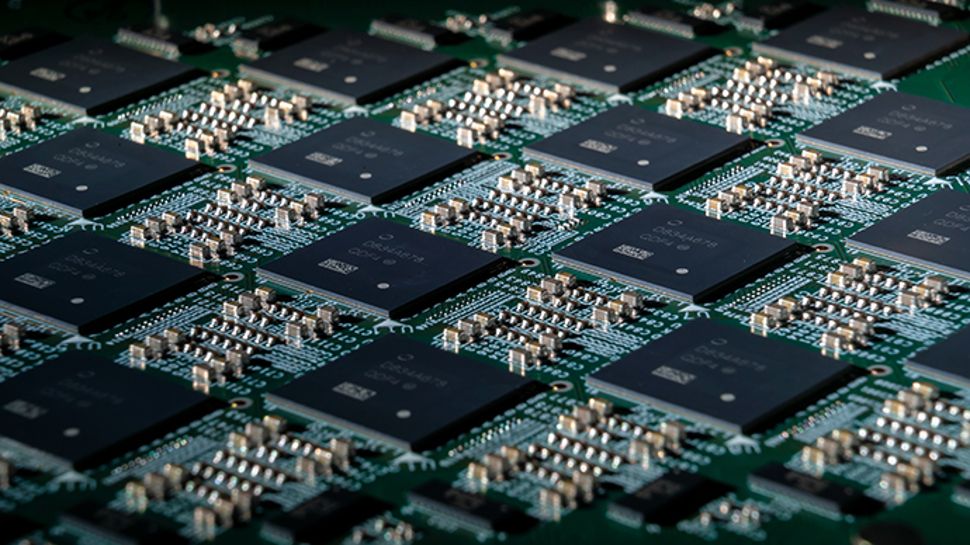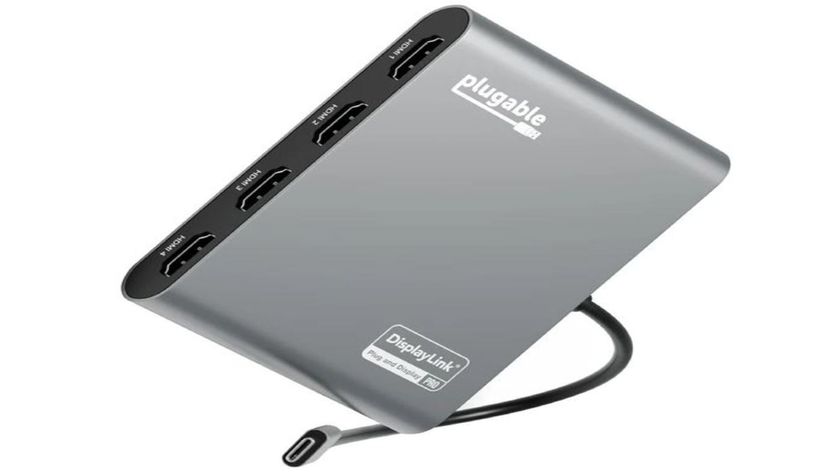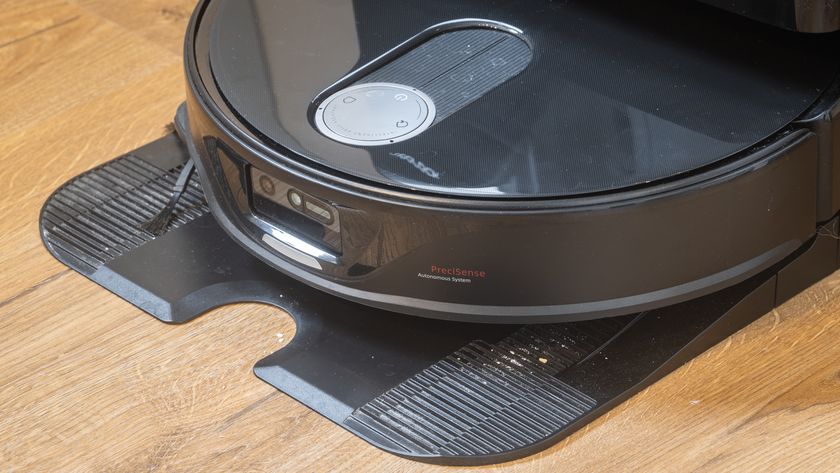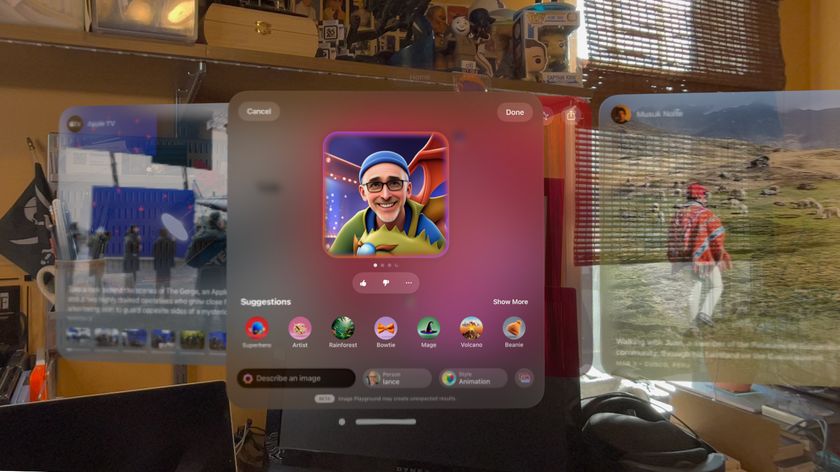Intel’s new AI chips are 1000x faster than CPUs but there’s a catch
Pohoiki Beach AI solution is crafted along the same lines as the human brain

Intel has revealed a new powerful AI solution codenamed Pohoiki Beach, which the chip giant boasts can crunch data up to 1,000 times faster than a general-purpose CPU.
Pohoiki Beach is a complex neuromorphic system built from 64 Loihi research chips, and its architecture is crafted along the same lines as the human brain.
- Intel has previously promised a major AI chip push
- Intel Ice Lake CPUs will be in laptops before 2019 is out
- 5 of the best AI platforms for business
With this new system, Intel promises not just to process information up to 1,000 times faster than your typical CPU, as already mentioned, but furthermore, even greater gains in terms of efficiency to the tune of a factor of 10,000. Of course, this is for specific compute-intensive applications such as sparse coding, graph search and constraint-satisfaction, Intel advises.
Real-world benefits
With real-world usage, this tech can be applied to a wide variety of scenarios, such as improving the performance of a powered robotic prosthetic leg – helping it deal with uneven ground underfoot – or indeed bettering the world of self-driving cars by facilitating more accurate digital maps for these autonomous vehicles.
Intel further notes that Pohoiki Beach projects also include automating a foosball table with neuromorphic sensing and control, which sounds interesting, along with facilitating tactile input for the skin of an iCub robot.
Pohoiki Beach is currently an 8 million neuron system, but Intel is looking to scale up to 100 million neurons before 2019 is out, so bigger and better things are to come with the data crunching power on tap.
The company boasts: “Later this year, Intel will introduce an even larger Loihi system named Pohoiki Springs, which will build on the Pohoiki Beach architecture to deliver an unprecedented level of performance and efficiency for scaled-up neuromorphic workloads.”
Are you a pro? Subscribe to our newsletter
Sign up to the TechRadar Pro newsletter to get all the top news, opinion, features and guidance your business needs to succeed!
- Check out the best business PCs of 2019
Darren is a freelancer writing news and features for TechRadar (and occasionally T3) across a broad range of computing topics including CPUs, GPUs, various other hardware, VPNs, antivirus and more. He has written about tech for the best part of three decades, and writes books in his spare time (his debut novel - 'I Know What You Did Last Supper' - was published by Hachette UK in 2013).











